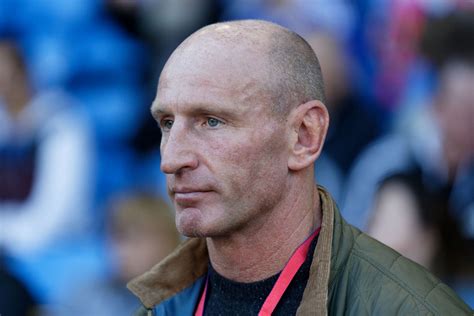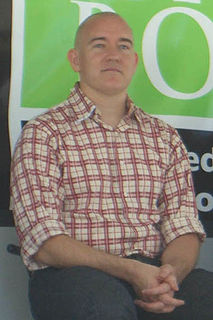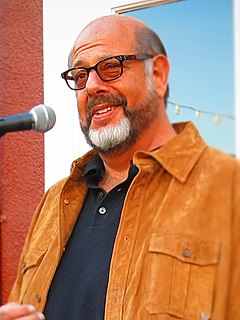A Quote by Miriam Margolyes
People who were gay were pitied and ridiculed by my parents - they had no modern sense of people being allowed to be who they were.
Related Quotes
The ball scene was never really only gay people. I think people have this notion that if there's a man hanging around a gay man, he must be gay, but that's just stigma. Back in the day, it was the same; there were lots of different people there: gay, straight, whatever. They did not care what they were called because they knew who they were.
My father raised us like... we were not allowed to see people in any sort of colors, but also we were not allowed to call people fat. If ever we were to say, 'Oh that fat person, or this person,' he would make us put a bar of soap in our mouth and count to 10. We weren't allowed to look at people like that.
My father raised us like … we were not allowed to see people in any sort of colors, but also we were not allowed to call people fat. If ever we were to say, ‘Oh that fat person, or this person,’ he would make us put a bar of soap in our mouth and count to 10. We weren’t allowed to look at people like that.
Early evening traffic was beginning to clog the avenue with cars. The sun slanted down behind him. Harry glanced at the drivers of the cars. They seemed unhappy. The world was unhappy. People were in the dark. People were terrified and disappointed. People were caught in traps. People were defensive and frantic. They felt as if their lives were being wasted. And they were right.
Because gay people were so much more visible, violence against gays was more common and reported on. But they were definitely related to each other. In the wake of AIDS, gay people felt like they had to organize, become much more active and visible. AIDS fostered a gay rights movement that made gay people more powerful and more vulnerable at the same time.
People have a comic bent or an angularity to their thinking, and those are the people who make jokes. And it's usually people who were in an environment, when they were young, where jokes were at a premium, or at least considered important to a life. My parents always listened to the comedy radio shows, we went to the comedy movies, and my parents appreciated comedy. So kids listen and follow what their parents like.
I was always around people who were in the business from the time I was an absolute baby. I grew up in New York City, and my parents, my sister, and I had a house on Fire Island, and they were part of a set of people that were all close and friendly, most of whom were involved in show business in one regard or another. So it was always familiar to me, and I kind of enjoyed it.
I landed on Gay Pride and I couldn't believe my eyes! Not only were gay people real - I had only heard rumours - but they had parades. There were men covered in glitter bound together with furry handcuffs. I felt like I was in outer space, I honestly thought I had arrived at the happiest place on earth.



































